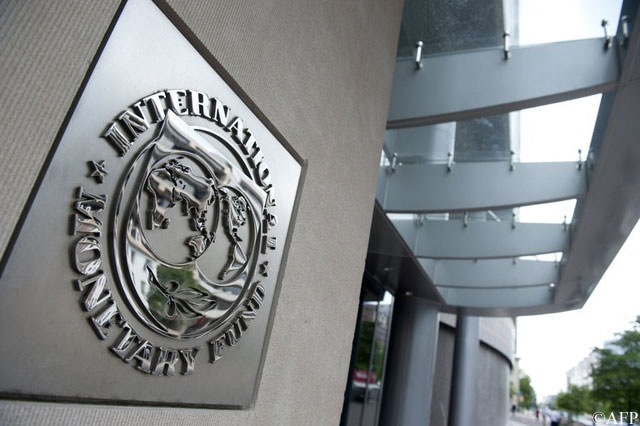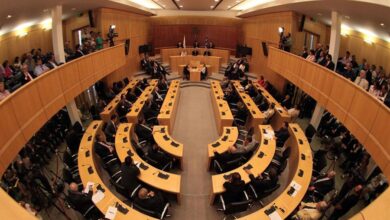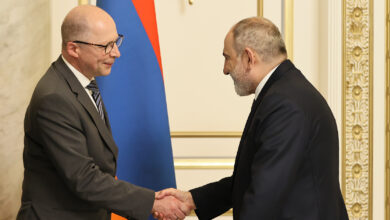
The Executive Board of the International Monetary Fund (IMF) completed the third review of the Republic of Armenia’s performance under the program supported by the Stand-By Arrangement (SBA). The completion of the review will allow the authorities to draw SDR 25.714 million (about US$37 million), bringing total disbursements to SDR 231.7 million (about US$ 332 million).
Armenia’s three-year SBA of SDR 308.8 million (about US$ 443 million), equivalent to 239.75 percent of Armenia’s quota in the IMF, was approved by the IMF’s Board on May 17, 2019 and augmented on May 28, 2020.
The Armenian economy has been hit hard by the worst military confrontation since the early 1990s and a large second wave of the COVID-19 infections. These twin shocks have had a significant impact on the economy. Economic activity is projected to contract significantly in 2020, with growth of -7¼ percent, ending the recent period of high economic growth. The crisis has led to a deterioration of the fiscal position and while there are currently no signs of stress in the financial sector, the full impact of the twin crises is still unfolding. Nonetheless, the authorities have responded promptly with healthcare and anti-crisis measures to limit the pandemic’s impact while protecting vulnerable groups and safeguarding sustainability, as well as macroeconomic and financial stability. The Fund’s financial support will help Armenia meet these challenges, including the urgent social and economic implications of COVID-19 pandemic. Beyond the current crises, the economic outlook is generally positive, contingent upon the anticipated global recovery and domestic reform implementation.
Executive Board Assessment
Following the Executive Board’s discussion today, Mr. Tao Zhang, Deputy Managing Director and Acting Chair, made the following statement:
“Armenia has been hit hard by twin—pandemic and security—shocks. These shocks have negatively impacted its economy and population and brought to an end a period of strong growth seen in recent years. The authorities have responded proactively to mitigate the socio-economic and health effects of these shocks. Notwithstanding the sizable challenges Armenia has faced this year, its performance under the Stand-By arrangement has remained satisfactory.
“The authorities’ 2021 budget is appropriate given weak growth and is embedded in a clear medium-term fiscal strategy. The authorities remain committed to taking measures to safeguard debt sustainability as a result of which public debt is expected to fall to around 60 percent of GDP over the medium-term.
“Monetary policy has rightly been accommodative, supporting the economy and keeping the banking sector liquid. Inflation remains low, with the exchange rate relatively stable over much of this year. Nevertheless, the Central Bank of Armenia should carefully monitor market developments and stand ready to adjust its monetary policy stance, as necessary, to preserve macroeconomic stability, while maintaining exchange rate flexibility to absorb shocks under its inflation targeting framework.
“Financial sector reforms, some of which are underway, will support the recovery and long-term growth. While the financial system has not shown signs of stress, supervisors should continue to identify vulnerabilities and risk factors in the banking system and stand ready to take relevant regulatory actions.
“Implementation of the authorities’ structural reform agenda remains critical to support the economic recovery and promote inclusive growth. Reform efforts include those to improve the business climate and support SMEs, strengthen the governance framework, and continue support to the health and education sectors.”








